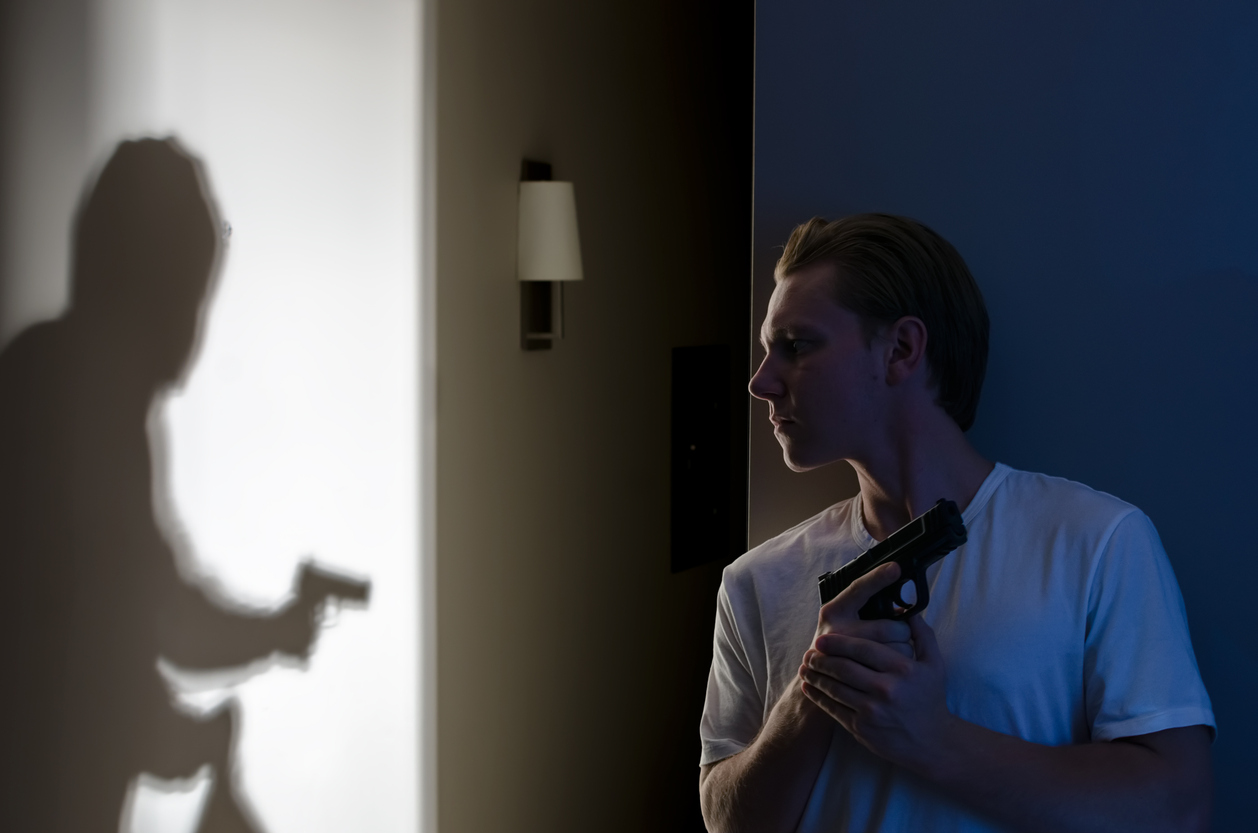There are many types of sex crimes in Wisconsin with corresponding criminal consequences. Although we have separately listed First-Degree Sexual Assault and Second-Degree Sexual Assault in separate parts of our website, there are numerous other criminal charges, including Third-Degree Sexual Assault, Fourth Degree-Sexual Assault, Sexual Intercourse With A Child 16 or Older among others.
For example, Third-Degree Sexual Assault is a Class G Felony with a maximum sentence of up to 10 years prison and/or a $25,000.00 fine if convicted. To prove you guilty of Third-Degree Sexual Assault, the State must prove beyond a reasonable doubt that you (1) had sexual intercourse with another adult person; and (2) that the person did not consent to the sexual intercourse. The term did “not consent” means that the person did not freely agree to the sexual intercourse, which is determined by the all of their acts and words that can demonstrate whether or not they consented to the sexual intercourse.
Additionally, Fourth Degree Sexual Assault is a Class A Misdemeanor with a maximum sentence of up to 9 months jail and/or a $10,000.00 fine if convicted. Similar to Third-Degree Sexual Assault, to prove you guilty of Fourth-Degree Sexual Assault, the State must prove beyond a reasonable doubt that you (1) had sexual contact with another adult person; and (2) that the person did not consent to the sexual contact. The term “sexual contact” generally means that you (1) touched the other person’s intimate body part for the purpose of sexual arousal or degradation of that person, or to cause bodily harm to that person; or (2) forced the other person to touch your intimate body part for the purpose of sexual arousal or degradation of that person. The touching can happen over or underneath clothing.
Sexual Intercourse With A Child Aged 16 Years or Older is also a Class A Misdemeanor with a maximum sentence of up to 9 months jail and/or a $10,000.00 fine. To convict you of this offense, the State must prove beyond a reasonable doubt that: (1) you had sexual intercourse with another person; and (2) at the time, that person was 16-17 years old.
A major concern for individuals charged with Sex-related crimes is being placed on the Sex Offender Registry. In Wisconsin, there are two options for being placed on the Sex Offender Registry: either (1) for lifetime; or (2) for 15 years after completing probation or extended supervision. Even if an individual is not placed on the Sex Offender Registry, he or she is often required to follow the sex offender rules on probation or extended supervision. These rules can be extremely strict and can significantly change a person’s quality of life.
Similarly, when an individual is convicted of a sex offense, he or she may face legally-allowable employment and housing discrimination. In Wisconsin, individuals convicted of sex offenses cannot live in certain areas, and can be denied employment, particularly in cases alleging Sexual Assault of A Child.
There are many potential defenses in sex-related criminal cases. Each defense depends on the facts of the case. For example, unfortunately, individuals have been wrongfully accused of sexual assault based on incorrect eyewitness identification problems; memory contamination problems; and individuals who falsely accuse others of sexual assault based on improper motives such as following a breakup, to prevent a significant other from learning about their infidelity, or preventing a parent from finding out that they are sexually active. It has been increasingly common that individuals with certain types of mental health and/or substance abuse issues falsely accuse others of sexual assaults at higher rates. For example, in a professional article written by Jessica Engle and Dr. William O’Donahue from the University of Nevada in the March 2012 publication of the Journal of Forensic Psychology Practice called “Pathways to False Allegations of Sexual Assault,” borderline personality disorder (BPD) was listed as a specific mental health issue that is related to a higher percentage of false allegations of sexual assault. The authors concluded that: “individuals with BPD may represent a ‘perfect storm’ of symptoms in which an … individual … makes a false allegation of sexual assault.” Other authors have commented that “pseudologia fantastica, or pathological lying, is a common feature of patients with Borderline Personality Disorder (BPD).” Am J Psychiatry 143:1287–9, 1986. That does not mean that every claim of a sex crime made by an individual diagnosed with Borderline Personality Disorder is false; however, scientific research and professional experience allows attorneys at our firm to carefully evaluate each factor that affects a potential defense. Our firm has a history of successfully defending individuals accused of serious sex crimes by carefully evaluating every facet of the case, and hiring leading experts, including psychologists, forensic scientists and experts to collaborate in forming the best possible defense for our clients. Please contact our firm to set up a consultation with one of our attorneys to discuss the facts of your case.

 (608) 820-8926
(608) 820-8926 Call Us Now
Call Us Now Email Us Now
Email Us Now
